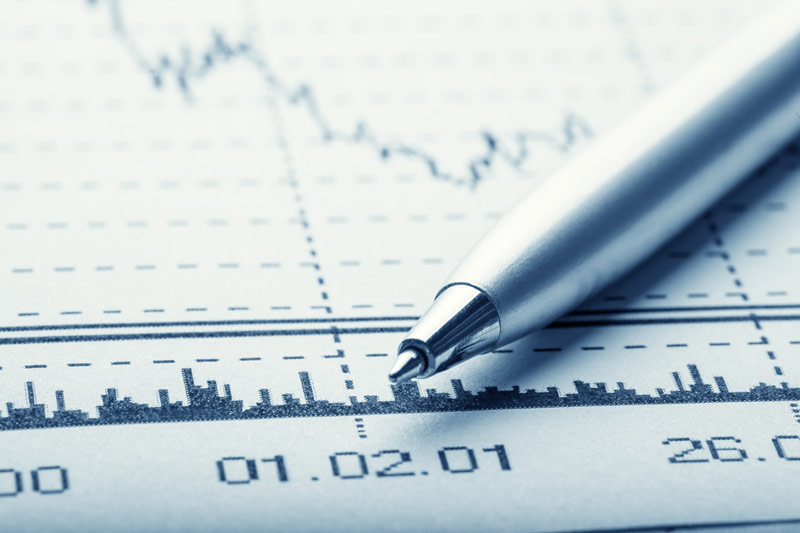Investing.com — South Korea’s economy experienced minimal growth in the last quarter due to political turmoil impacting consumer spending, according to a poll of economists. The Bank of Korea is predicted to lower interest rates next month after unexpectedly maintaining them last week.
The fourth-largest economy in Asia has been dealing with uncertainty following President Yoon Suk Yeol’s unsuccessful martial law attempt on December 3. This event has dampened economic sentiment and domestic demand, despite a recovery in exports.
The country’s economy grew by a mere 0.1% in the July-September quarter. It is expected to have expanded by a seasonally adjusted 0.2% in Q4, as per the median forecast of 24 economists. On an annual basis, the economy grew 1.4% last quarter, barely changed from 1.5% in the previous quarter, according to a poll of 25 economists conducted from January 15-20.
Krystal Tan, an economist at ANZ, anticipates the Q4 GDP data to reflect stagnant growth. She cites the weakening of domestic demand, especially in December, due to political events impacting consumer and business confidence.
Despite the domestic turmoil, exports increased by 6.6% in December compared to the same period a year earlier. Semiconductor exports saw a significant rise of 31.5% during the same period.
The Bank of Korea (BOK) maintained its key rate on January 16 to prevent further weakening of the Korean won, which had fallen more than 12% last year due to political instability undermining investor confidence. Since this decision, the currency has experienced a modest increase.
BOK Governor Rhee Chang-yong has indicated that a rate cut is still under consideration, despite the focus on currency stability over domestic demand concerns in last week’s meeting.
A snap poll of 25 economists conducted after the BOK’s January decision predicts a 25 basis point cut in borrowing costs in February. Median forecasts indicate a total cut of 75 basis points by the end of Q3.
Min Joo Kang, senior economist at ING, noted that as long as the political situation does not worsen and is driven more by global dollar strength, the BOK is likely to implement a rate cut in February. Following this, the BOK will monitor political developments, growth, inflation, and the won to determine when to cut rates again.
The BOK has reduced its 2025 economic growth projection from 1.9% in November to a range of 1.6% to 1.7%, further supporting the view of a rate cut.
This article was generated with the support of AI and reviewed by an editor. For more information see our T&C.



